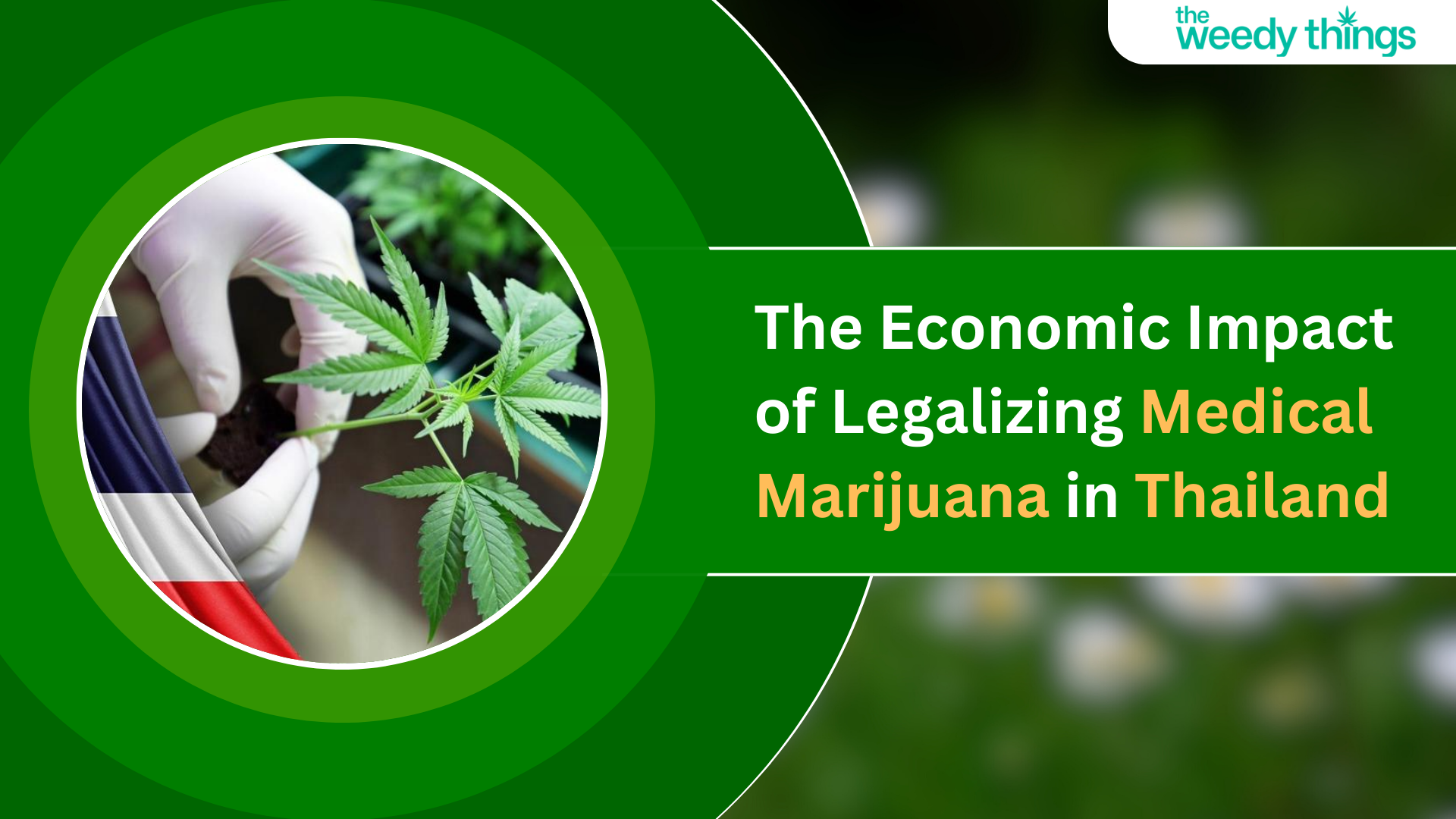The Rise of Legal Cannabis Stores:
The legalization of medical marijuana in Thailand has paved the way for the establishment of legal cannabis stores. These storefronts are not just dispensaries; they are economic drivers, contributing to the growth of a new sector within the economy. The presence of legal cannabis stores not only ensures accessibility to medical marijuana for patients but also generates employment opportunities, from budtenders to security personnel.
The Online Marketplace: Discovering and Exploring Online Platforms
With the digital age revolutionizing retail, the cannabis industry in Thailand has also embraced online platforms, allowing consumers to buy weed online conveniently and discreetly. This shift not only caters to the evolving preferences of consumers but also opens up new avenues for economic growth.
The online marketplace for medical marijuana offers a diverse range of products, providing consumers with the flexibility to explore and choose the best weed strains for their specific needs. This digital platform not only expands accessibility for patients but also creates opportunities for entrepreneurs to establish and grow online weed businesses.
Economic Impact on Agriculture:
Legalizing medical marijuana in Thailand has implications beyond retail and online sales; it extends to the agricultural sector. The cultivation of medical-grade cannabis requires expertise and specialized farming practices, creating a demand for skilled agricultural workers. This demand, in turn, stimulates economic activity in rural areas, where cannabis cultivation becomes a viable and profitable agricultural endeavor.
Tourism and Economic Boost:
The legalization of medical marijuana has the potential to position Thailand as a global hub for cannabis tourism. Tourists seeking access to high-quality medical marijuana may flock to the country, contributing significantly to the hospitality industry, including hotels, restaurants, and recreational activities.
Cannabis tourism not only boosts the local economy but also creates job opportunities in the tourism sector. This economic diversification can strengthen Thailand’s position in the global market, attracting visitors with an interest in both medical marijuana and the country’s rich cultural heritage.
Challenges and Regulatory Considerations:
While the economic impact of legalizing medical marijuana in Thailand is promising, it is essential to acknowledge and address challenges. Regulatory frameworks must continuously evolve to ensure a balance between economic growth and public safety. Stringent regulations and oversight are crucial to prevent misuse and to guarantee that the economic benefits are realized responsibly.
Frequently Asked Questions
Yes, Thailand legalized medical marijuana in 2018 for specific medical conditions.
It’s too early to measure full impacts, but potential economic growth, job creation, and tax revenue are expected.
Yes, regulations govern cultivation, production, and distribution. Businesses must adhere to strict guidelines.
A: No, personal cultivation remains illegal. Medical marijuana is accessible through licensed dispensaries and healthcare providers.
Public perception is evolving, but there are mixed opinions. Education and awareness initiatives continue to address stigma.




